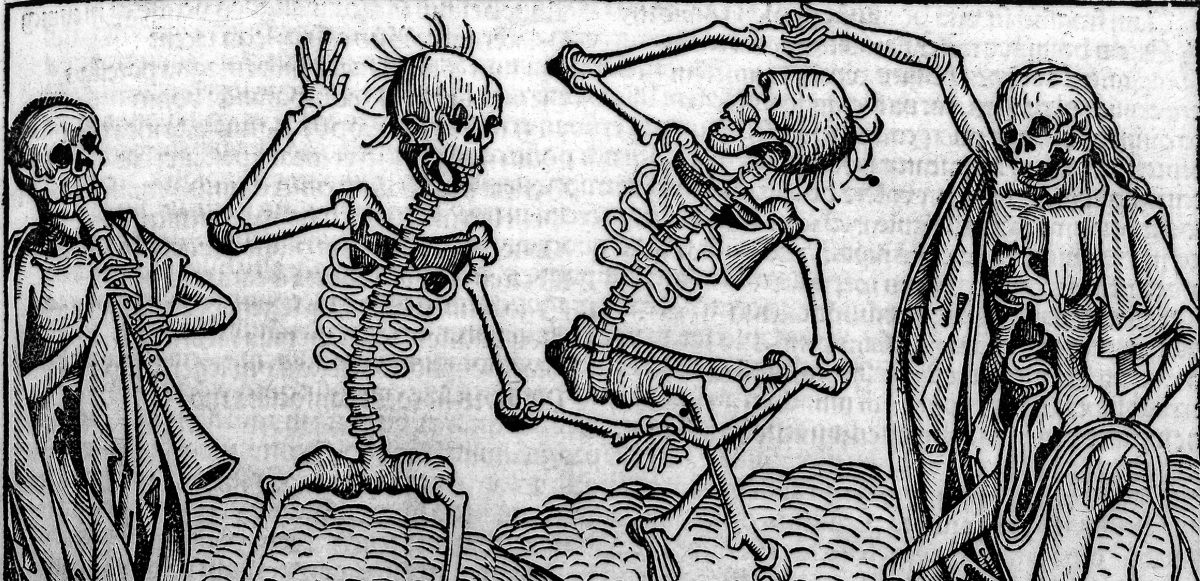 This is very much a work in progress and all input is gratefully received. I have deliberately steered away from making any analogy with modern society simply because I don’t have the expertise to do it in an informed way. If any reader has greater knowledge or capacity than me, they’re very welcome to use my work as they see fit.
This is very much a work in progress and all input is gratefully received. I have deliberately steered away from making any analogy with modern society simply because I don’t have the expertise to do it in an informed way. If any reader has greater knowledge or capacity than me, they’re very welcome to use my work as they see fit.
In 1612, as a part of the infamous trial of the Pendle and Samlesbury witches, a young girl named Grace Sowerbutts gave evidence of her seduction to witchcraft:
“This Examinate did go with the said Jennet Bierly her grandmother, and Ellen Bierley, her aunt, to the house of Walshman, in the night time, to murder a child in a strange manner… after they had eaten [the child] the said three women and this Examinate danced every one of them with the black things: and after, the black things abused the said women. She describes four black things to go upright, but not like men in the face.”
This was far from the first time that blackness – not only the colour as we see here, but black bodies described as being racially African – had been associated with devilishness in Christianity. Continue reading “Blackness and the Demon in Medieval and Early Modern Europe”









